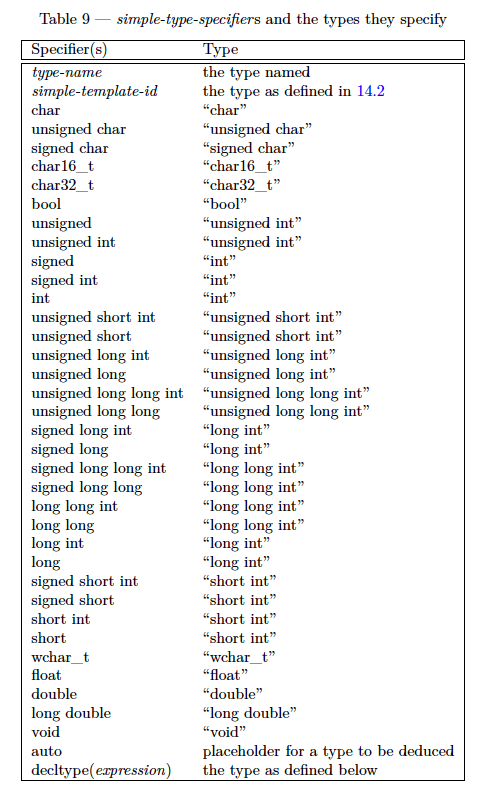char is a fundamental type. wchar_t evolved as first a library solution (in C), and then became a built in type with an underlying type, corresponding to the type that earlier was used to typedef it:
C++11 $3.9.1/5
” Type wchar_t shall have the same
size, signedness, and alignment requirements (3.11) as one of the other integral types, called its underlying
type.
This explains why you cannot change the signedness of wchar_t, but it does not explain why there is a char type with unspecified signedness.
Also, the choice of signed char that most compilers default to, is impractical for several reasons. One reason is that the negative values are annoying and generally have to be cast to unsigned in order to compare them. Another reason is that the C character classification functions require non-negative values (except when being passed EOF). A third reason is that on old magnitude-and-sign or one's complement machines there's one unusable value.
There may be some explanation of that in Stroustrup's “The design and evolution of C++”, but I doubt it.
It sounds like frozen history, something that at one point made some kind of sense, for the technology at the time.


wchar_tis allowed to be signed or unsigned per [basic.fundamental]. – Instrumentwchar_tdiffers fromcharin thatcharmay be a signed type or an unsigned type while still being a type that is not equivalent tosigned charandunsigned char, unlikewchar_twhich may be a signed or unsigned type with no way to specify a separatesigned wchar_torunsigned wchar_ttype. – Weaklingwchar_tandsigned wchar_tare the same. Interesting that it doesn't make the same complaint aboutchar. – Leoni